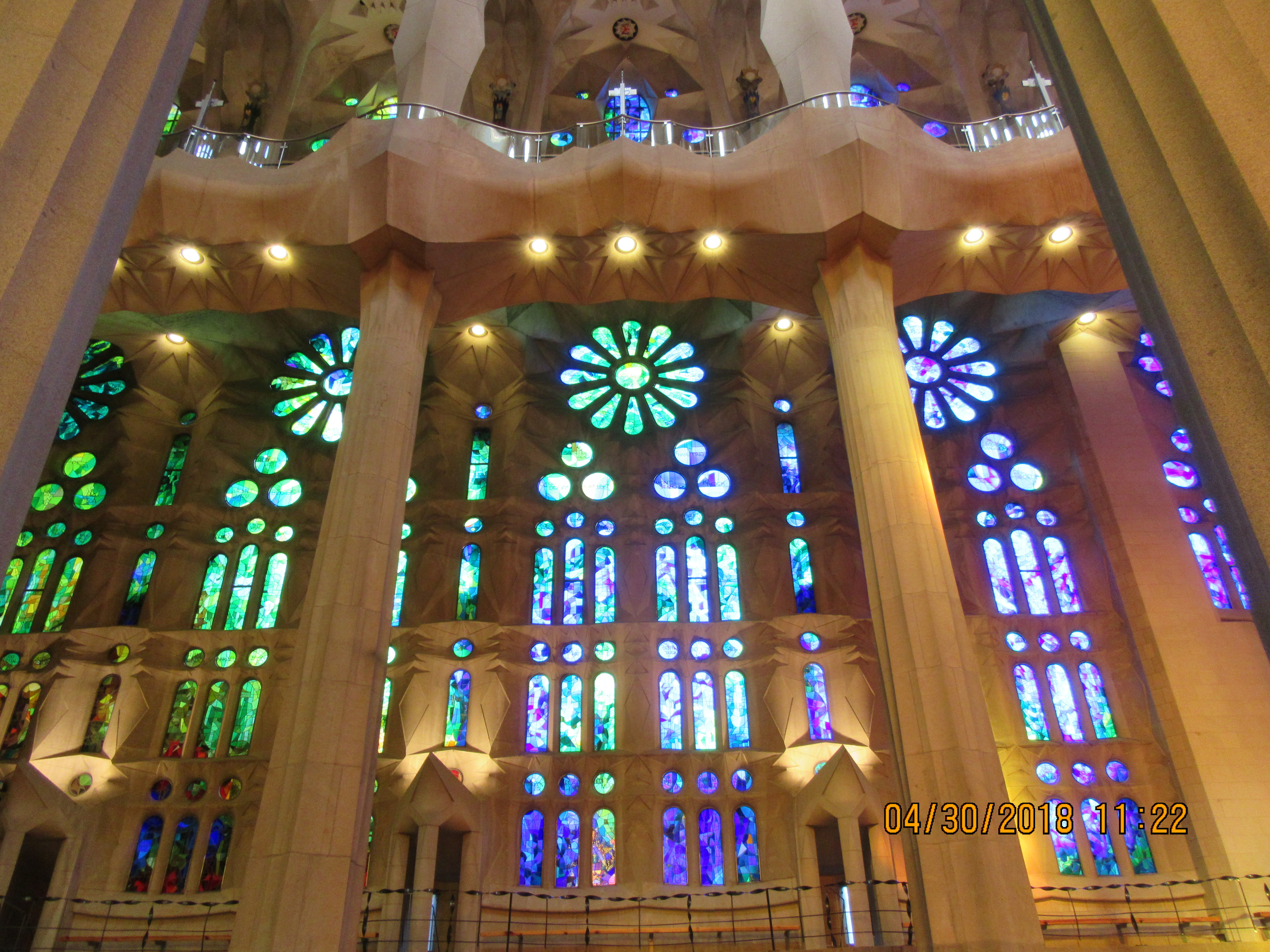Jos. 5:9a, 10-12; Ps. 34: 2-7; 2Cor. 5:17-21; Luke 15:1-3, 11-32

To be called Christian is to be ambassadors for Christ in the proclamation of the good news. The good news for our times is God’s love and mercy and it is emphasized in today’s gospel reading in the parable of the Prodigal son. In this triangle between the Father and his two sons we each can see ourselves being called to respond to the God’s love.
Often in men’s retreats I have attended come a group of men at all stages of their conversion and commitment to the faith. The son who asked for his inheritance and then squandered it in a life of sin is the retreatant who comes in hope of reconciliation but their sin makes them struggle with a sense of unworthiness until they witness the testimony of a sinner who like them has found forgiveness, peace within themselves from God and through God are able to stand and share their journey of conversion. They see the God of mercy in the love of others and approach the Father’s love with fear and uncertainty until the Holy Spirit is received as confirmation, they are a new creation born of the spirit.
The rebellious son is a spirit of the human condition that by our actions says, “I have no need for God for I choose to do it my way.” This predates to the original sin of Adam and Eve we would define as egoism where we define morality as “my truth” and I determine reality in a sea of relativism. In my reality then I must have “my space, my choice, my freedom, my everything” otherwise I am a victim of your hate, your intolerance, your racism, your bigotry. To avoid you my enemy then I must retrieve into the bubble of my isolationism or you must be destroyed as the evil one. My choice for freedom of you is your extermination.
We may accept that “God is there” somewhere but we go our way trusting in our own “goodness and wisdom” until we have squandered our inheritance of faith in a God, hope in a power greater than us, love unconditional, and compromised all our values in search of success defined by the values of the world. By then relationships have been hurt or even broken without hope of reconciliation. What is left? Do we simply “try again” or do we return to the God of mercy and love? “Taste and see the goodness of the Lord”.
The retreat also brings men who have remained close to the Church, following in obedience as the son who remained in the Father’s house and does not understand the “injustice” the world has delivered them. “How can a good God allow for the suffering in their lives?” The heavy burden of sickness, death of a loved one, the loss of work, the tragedy from abuse as a child all weigh upon the soul, hidden by their actions is the anger and resentment to the Father. What has obedience done for me, “not even a young goat to feast on” while other sinners seem to have the “better life”.
The response of the Father to his son, “everything I have is yours” is a reminder God is ready to pour out his blessings on his sons and daughters but our rebellious spirit is holding on to our sense of “injustice” in its own rebelliousness to the Father. We can be in the Church but not of the Church without the “agape” love which is unconditional ready to be the ambassador of mercy “as we forgive those who have trespassed against us”. The retreat is a conversion of love and mercy for the sinner called beyond the spirit of obedience to grow in the image of Christ, the God of love.
Then we have the Father whose relationship with his two sons gives the impression of bias in favor of the younger over the elder. As parents no two children are the same and the discipline and or leniency in which the children perceive of their parents is often questioned as perhaps also the expectations of them as they are growing up. In the human condition we feel “its not fair”. In the context of the culture of the time the younger son’s actions by daring to ask for his inheritance are a betrayal and the death of a relationship. The Father never loses hope and “while he was still a long way off, his father caught sight of him, and was filled with compassion”. The Father longs for the return of his son because his love is an unconditional love. This is the Father’s unconditional love for both sons as he explains to the elder “everything I have is yours”. In this statement Jesus reveals the kingdom of God belongs to his faithful as our inheritance.
If we have the kingdom of God to celebrate as faithful followers from the Father how are we living with this treasure? The elder son did not have a sense of ownership from his Father’s inheritance. There remained a separation with the Father created by the son who remained obedient but not living an intimate relationship with his Father. For us the question to ask ourselves from our baptism promises is what relationship do I have with our God and Father? If we come to Church and leave the same without a deeper conversion what is keeping me away from his love leaving his graces at the altar. God is ready to pour out his graces into our lives to live our inheritance and we don’t ask, don’t seek, and we don’t trust.
The younger son “was dead and has come to life again; he was lost and has been found.” In the fifth commandment, “You shall not kill”, it is not the Father who kills but the son who commits the crime against himself in dying to sin. In returning to the Father he is born again of the spirit. This is our Lenten call today to free ourselves from the bondage of our own sins and return to the Father whose arms are waiting to receive us. He remains outside the door of our hearts with his sight on us filled with compassion and mercy. Come, receive and live the kingdom of God, let us live our inheritance to the fullest.








Recent Comments